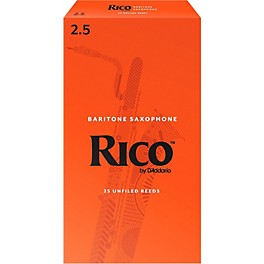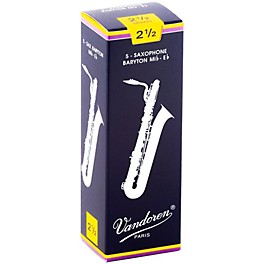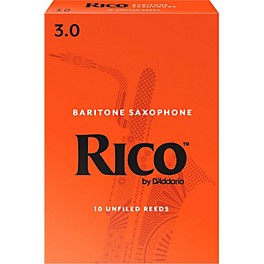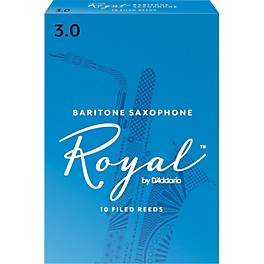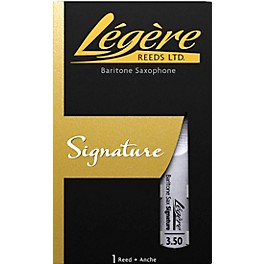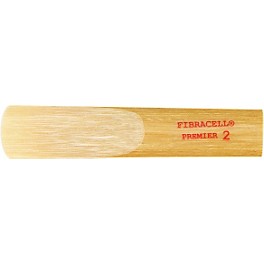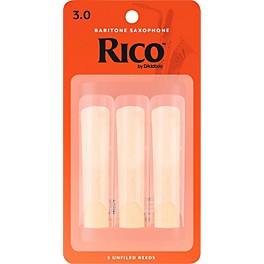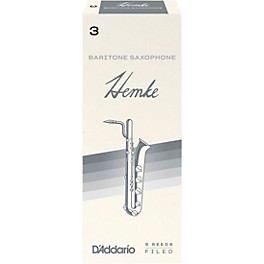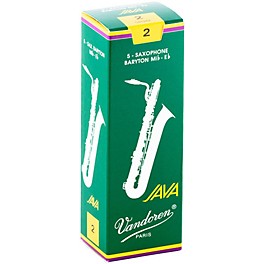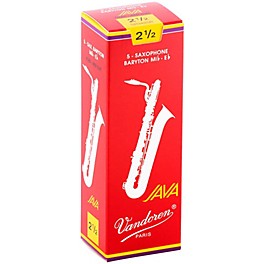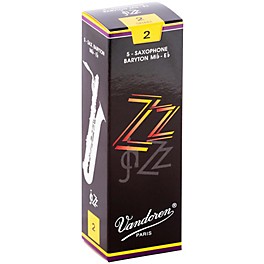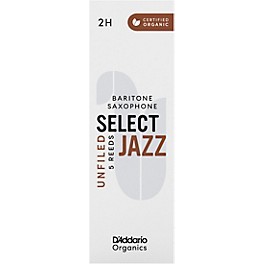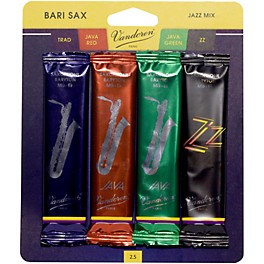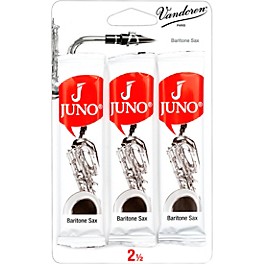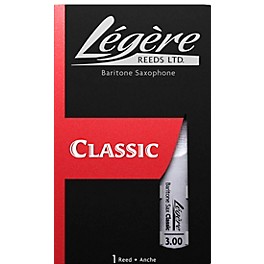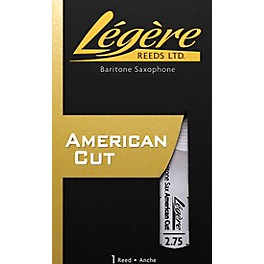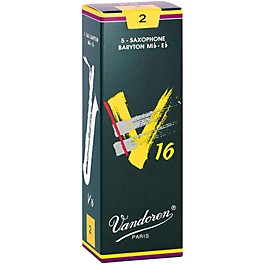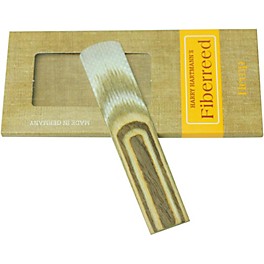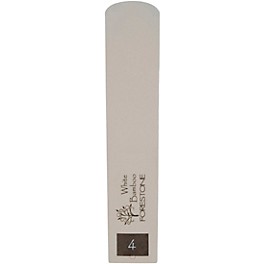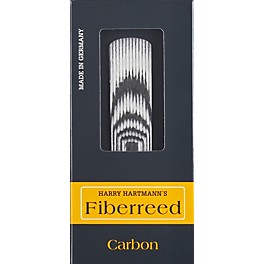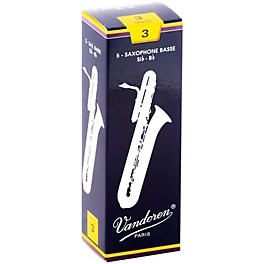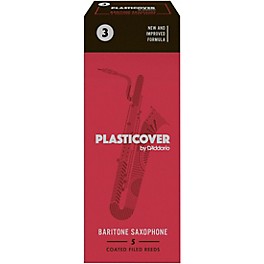Guitars
Guitars
Amps & Effects
Amps & Effects
Used & Vintage
Keyboards & MIDI
Keyboards & MIDI
Drums
Drums
DJ Equipment
DJ Equipment
Basses
Basses
Recording
Recording
Live Sound
Live Sound
Accessories
Accessories
Mics & Wireless
Mics & Wireless
Music Software
Music Software
Lighting
Lighting
- Popular Brands
Band & Orchestra
Band & Orchestra
Platinum Gear
Deals
Deals
New Arrivals
Baritone & Bass Saxophone Reeds
Related Searches:
Relevance
1-24 out of 31 products
Special Financing Available
Learn More
Special Financing Available
Learn More
Special Financing Available
Learn More
Special Financing Available
Learn More
Special Financing Available
Learn More
Special Financing Available
Learn More
Special Financing Available
Learn More
Special Financing Available
Learn More
Special Financing Available
Learn More
Special Financing Available
Learn More
Special Financing Available
Learn More
Special Financing Available
Learn More
Special Financing Available
Learn More
Special Financing Available
Learn More
Special Financing Available
Learn More
Special Financing Available
Learn More
Special Financing Available
Learn More
Special Financing Available
Learn More
Special Financing Available
Learn More
Special Financing Available
Learn More
Special Financing Available
Learn More
Special Financing Available
Learn More
Special Financing Available
Learn More
Special Financing Available
Learn More
The traditional material for reeds is cane, and it remains the most popular today. There's a catch, though: cane reeds are cut from naturally grown plants, and that means no two are exactly alike. This is the main reason why they're sold in multiples - in a given box, you may find that not every reed is quite up to snuff, but the throwaways will surely be made up for by a few outstanding ones in there with them! Cane reeds are sold in assorted strengths, where softer reeds tend to work better for newer players and harder ones, which are tougher to play but can really jazz up the horn's performance, work great for experienced saxophonists.
A second option that's really gained a lot of traction over the last few decades is the synthetic reed. Check out the Legere Signature Baritone Saxophone Reed, Fibracell Premier Synthetic Baritone Saxophone Reed and Harry Hartmann Carbon Fiberreed Baritone Saxophone Reed for a few examples. Unlike cane reeds, these are unaffected by humidity and never need to be moisturized. They're much more consistent (you'll never get a 'dud') and they last longer, too. The tradeoff for all that is a slight different in the tonal character, but for many artists, especially those who play outdoors in unpredictable weather and humidity, it's more than worth it!
So which baritone and bass saxophone reeds are right for you? That's a choice you'll have to make on your own based on your personal preferences, and it's completely subjective - no reed is right or wrong, and the best option is up to you. Go cane for a traditional sound, go synthetic for low-maintenance consistency, or maybe even combine the two with a hybrid reed like the Rico Plasticover Baritone Saxophone Reeds: the power of choice is in your hands!
.jpeg)

